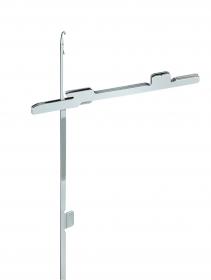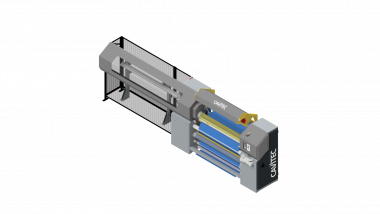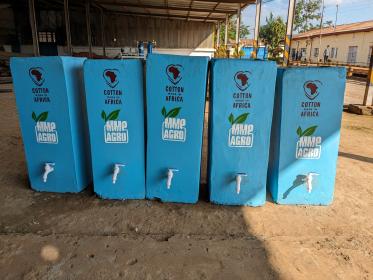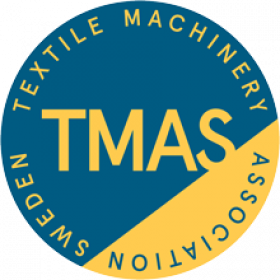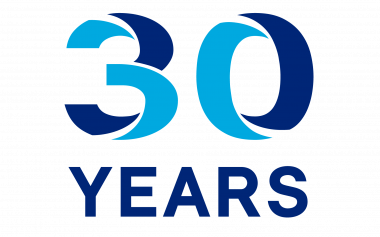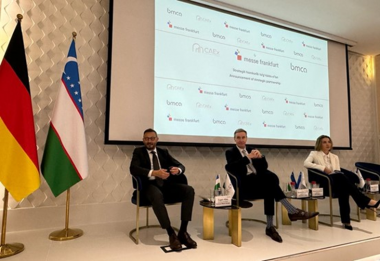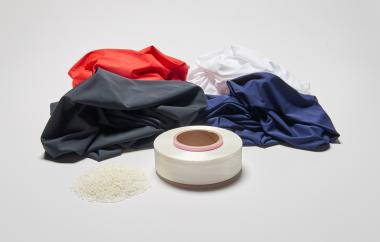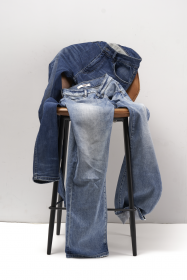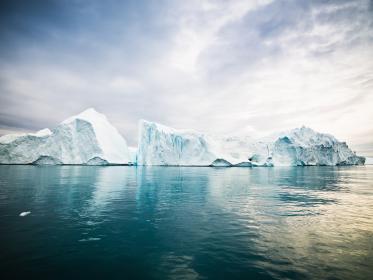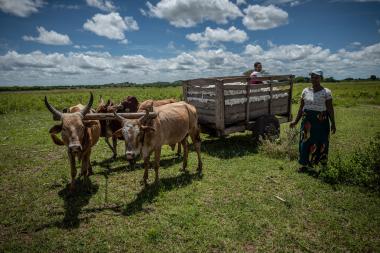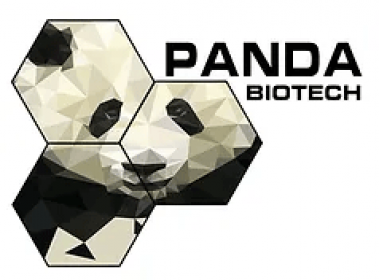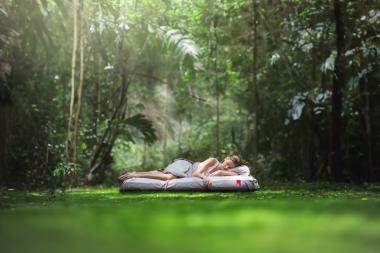Devan Stain Release: PFC-free release technology for water and oil based stains
Devan Chemicals launched its latest textile finishing technology “Devan Stain Release”, that ensures that both water and oil based stains can easily be washed off.
Devan ‘s new release finish prevents water and oil based stains such as ketchup, mud, grass, tea, vegetable and corn oils from adhering deeply to the fibres and allows stains to be washed off easily from the surface. The technology combines both stain release and wicking properties, fitting for applications where this dual benefit is required. This technology is PFC-free and has 40% of bio-based content. Unlike many PFC-based solutions that require mixing of multiple products, Devan Stain Release is an easy to apply and ready-to-use product that doesn’t necessitate mixing of different products. The finish doesn’t require reactivation after washing at home with high temperature. Soft handle is maintained.
Devan Stain Release is applicable across a wide range of textile applications, including school uniforms, garments, workwear, apparel, home textiles, bedding accessories and mattress ticking. The technology enhances the longevity of fabrics by reducing the need for frequent washing, ultimately contributing to a more sustainable consumption cycle.
Devan Chemicals










